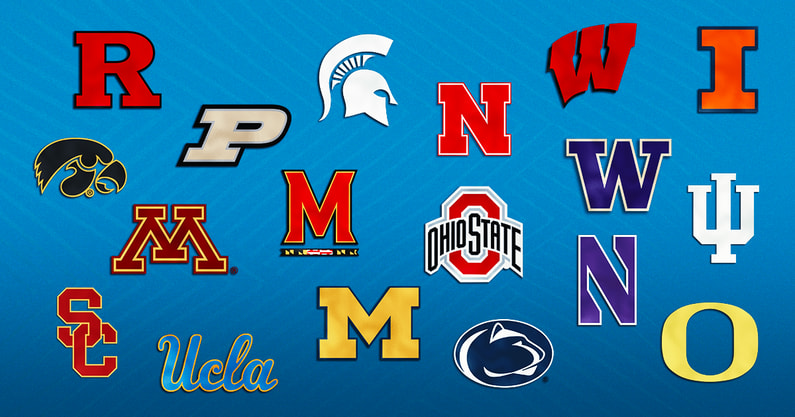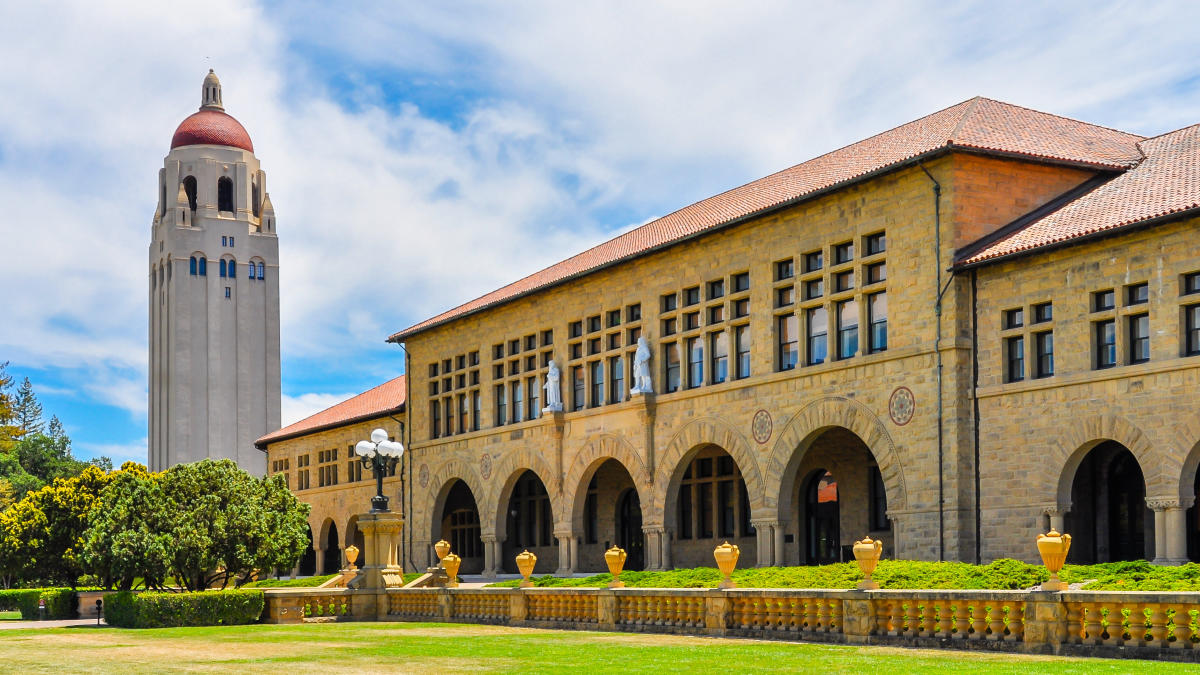Earning a Master of Business Administration (MBA) degree provides several professional and personal benefits that include career advancement, skill enhancement, networking opportunities, and long-term financial success. As a recent college graduate or young professional, you may be wondering: Should I get an MBA? When is the right time to apply? Which program should I choose?
Before making such an important decision, you should first reflect on your current professional status and future career goals and then explore available programs that complement your aspirations.
A common misconception is that an MBA should be acquired immediately after earning your undergraduate degree. While it is an advanced degree, it is not the same as a master’s degree in a business-adjacent field. An MBA is a specialized designation focusing specifically on business administration, management, and leadership acumen. It is considered a form of professional development that is designed to prepare professionals for leadership and managerial roles in the business world.
Prior Work Experience: Is it Necessary?
Most MBA programs require their applicants to have relevant work experience. The amount and type of experience required can vary depending on the program and a university’s specific admissions criteria. Different MBA programs target distinct audiences and therefore have varying expectations when it comes to work experience.
An article posted by US News, “How to Apply to Business School with Limited Work Experience,” contends that while determined yet inexperienced students may be accepted into an MBA program, the overall benefit of having prior work experience enhances the student’s experience. According to Jason Rife, Senior Assistant Dean of the Career Management Center for graduate admissions at Southern Methodist University’s Cox School of Business in Texas, “It gives you some context when you’re in the classroom as you’re going through all these cases. You’ve seen some issues in the real world, and you’re able to apply that lens on to the academic issue.”
The article goes on to say that, “Having more years of experience can also increase placement opportunities for mid-program internships and full-time positions post-graduation. And because many MBA students use the degree to pivot their careers, more work experience can help inform that decision.”
While there isn’t a set number of years generally required to apply for an MBA program, the specific MBA track can inform that expectation. According to another article posted by US News, “How Work Experience Influences MBA Admissions,” Chris Wszalek, Executive Director of Graduate Admissions and Student Recruitment at Syracuse University’s Whitman School of Management, states that, “Work experience expectations vary among business schools and depend on the type of program a candidate is applying for, such as an executive, full-time or part-time MBA program.”
The benefits of having prior work experience when getting your MBA are substantial. Not only is it a requirement for most MBA programs, but students will also gain a richer understanding and deeper educational experience from the program if they have real-world knowledge that can be applied to their coursework.
Common MBA Program Types:
There are many categories of MBA programs, but some of the most common are:
- Full-Time MBA: This is a traditional, immersive program where students enroll full-time and dedicate their time solely to their studies. Full-time MBA programs usually take two years to complete.
- Part-Time MBA: Part-time MBA programs are designed for working professionals who want to earn their degrees while continuing to work. These programs can take up to four years to complete, depending on the amount of time committed to the program.
- Executive MBA (EMBA): EMBA programs are tailored for mid-to senior-level professionals with significant work experience. They often have a more condensed format with classes held on weekends or in short intensive sessions. EMBA programs emphasize leadership and management skills and can typically be completed in one to two years.
- Specialized MBA: Some MBA programs offer specialized tracks or concentrations, such as finance, marketing, entrepreneurship, and healthcare management. These programs allow students to focus on a specific area of business that aligns with their career goals.
Choosing the Right Program
With a vast range of MBA programs available, it is essential to choose a program that will help you meet your specific career goals. PREMINENTE counselors have over twenty years of experience guiding young professionals through the process of making informed decisions as they select and apply for MBA programs. Reach out today to schedule a personalized consultation.
Preminente
Phone: (917) 446-1987
Email: preminentecollegecounseling@gmail.com
Website: preminentecounseling.com/


